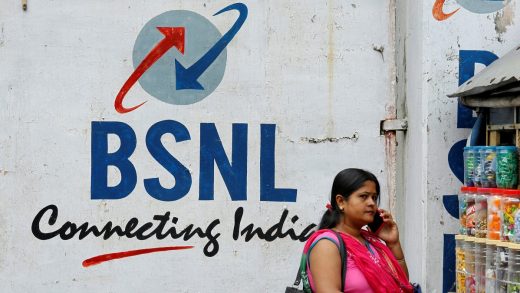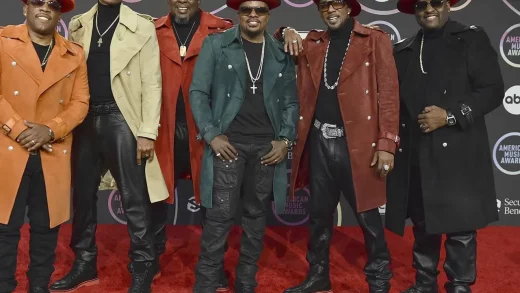
Uber Technologies Inc. has hired former Tesla Inc. executive Rebecca Tinucci to oversee the ride-hailing platform’s shift to electric vehicles, tapping a veteran who helped open the carmaker’s charging network to other car brands.
Tinucci will start on September 16 as global head of sustainability, according to an internal company announcement Tuesday obtained by Bloomberg News. She will report to Andrew Macdonald, the top executive in charge of the company’s ride-hailing business.
In the new role, Tinucci will oversee Uber’s transition to a zero-emissions platform. The company is aiming for all of its rides and deliveries globally to be made using zero-emission vehicles by 2040. It’s also working to eliminate unnecessary plastic waste from restaurant deliveries and to use more sustainable packaging.
Tinucci’s experience “will be an incredible asset to our team at Uber,” Macdonald said in the email to employees.
At Tesla, Tinucci helped ink charging-station deals with carmakers such as Rivian Automotive Inc., Ford Motor Co. and General Motors Co. The partnerships allowed thousands of drivers to access Tesla’s previously proprietary network of Superchargers, enabling the company to expand that revenue source.
“Rebecca is a highly effective leader, and thanks to the work of her and her team, EV owners have greater access to reliable and renewable charging,” said Alan Wexler, GM’s senior vice president for strategy and innovation, who worked with Tinucci to put a charging agreement in place with Tesla.
Uber, meanwhile, is striking its own partnerships with electric-car makers, charging network providers and cities. The company aims to make it easier and less costly for millions of ride-share drivers and delivery couriers to transition to EVs.
It hasn’t been an entirely smooth process. Chief Executive Officer Dara Khosrowshahi warned earlier this year that the company risked falling behind on its goals. To further the effort, Uber recently announced it was partnering with Chinese carmaker BYD Co. to put 100,000 cars on the ride-share platform outside the US. Uber also led a $6.5 million seed round for itselectric, a Brooklyn, New York-based startup that plans to deploy curbside charging systems nationwide this year.
Uber is looking to reach its zero-emissions target in the US, Canada and European cities by 2030, with a global goal of 2040. It still has a ways to go. As of the end of the first quarter, Uber said 8.2 percent of ride-share trip miles in the US and Canada were completed in zero-emission vehicles. The number was nine percent in Europe.
At Tesla, Tinucci oversaw the roughly 500-person Supercharging team — a division that was slashed by Chief Executive Officer Elon Musk as part of broader job cuts. The layoffs, which followed disappointing first-quarter sales, came as a shock because Tesla had built an enviable charging business.
Roughly a year before Musk dismissed Tinucci and much of her team, she was one of just two women who shared the stage with Musk at an investor day that showcased the bench of executives behind the CEO. Though Tesla rehired some members of Tinucci’s team within a matter of weeks, she didn’t return.
Tesla also has emerged as a potential rival to Uber. Investors are concerned that Tesla’s planned robotaxi, prototypes of which Musk is set to unveil at an October event, may threaten Uber’s business model of paying independent contractor drivers to ferry around riders.
Khosrowshahi has downplayed those fears. He said in an August earnings call that Uber will be “an indispensable partner” for all makers of autonomous vehicles.
In a statement, Tinucci said that Uber is at the center of many technologies poised to “expedite a more sustainable future.”
“Electric vehicles, autonomy and robotics hold the potential to substantially reduce our collective emissions,” she said. “Uber is poised to be an accelerator in this transition.”
© 2024 Bloomberg LP
(This story has not been edited by NDTV staff and is auto-generated from a syndicated feed.)


